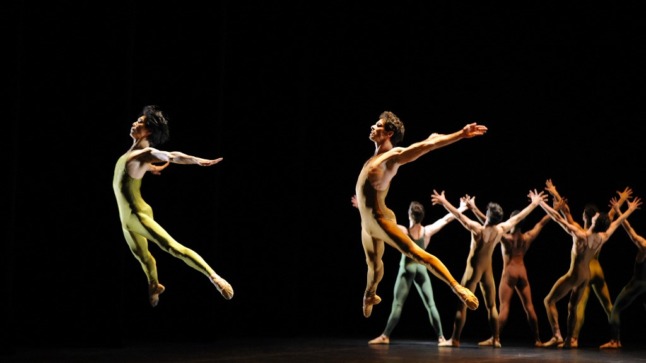The seasonally adjusted jobless rate slipped to 6.2 percent this month from 6.3 percent in September, according to the BA federal labour agency, which called it a “noticeable improvement”.
“Unemployment and underemployment fell sharply… However, the labour market is still showing clear signs of the first wave of the corona pandemic,” BA chairman Detlef Scheele said.
Pandemic-induced lockdowns in the spring shuttered businesses and factories, but sentiment improved as the economy opened up in the following months.
Government-backed short-time work schemes have softened the blow, saving hundreds of thousands of jobs.
READ ALSO: 'Signs of improvement': Here's the current outlook on jobs in Germany
The number of people in short-time work (Kurzarbeit) fell in October to 2.6 million from a peak in April of 5.95 million, the BA agency said, suggesting an upturn in business confidence.
Worsen the economic outlook
However, the improvement might be shortlived, after Chancellor Angela Merkel on Wednesday announced tough new lockdown measures to curb the second wave of the virus.
READ ALSO: Germany to close bars and restaurants as Merkel announces new round of Covid-19 shutdowns
The restrictions – which include the closure of the gastronomy, leisure and cultural industries in November – will likely worsen the economic outlook for the rest of the year.
The government intends to offer financial support for companies affected by the lockdowns, but that may not be enough to save some of the millions of jobs at risk.
READ ALSO: Working in Germany: How is the pandemic affecting jobs?
The surge in new coronavirus cases “shows that we are still in the middle of the crisis – economically too,” said Fritzi Koehler-Geib, chief economist at German public investment bank KfW.
“As a result, unemployment is also expected to stagnate in the coming months or, if things go badly, increase significantly,” she added.
“The restrictions adopted will hit some sectors of the economy hard, but will protect the economy as a whole and most sectors economically”, said Marcel Fratzscher, president of the DIW research institute.
In concrete terms, the decline in the unemployment rate in October translates into around 35,000 fewer people registered as unemployed month-on-month.
But on a 12-month basis, around 556,000 more people were unemployed compared with the same point in the previous year.
Before the coronavirus struck, the German jobless rate had hovered at a record low of around five percent.



 Please whitelist us to continue reading.
Please whitelist us to continue reading.
Member comments